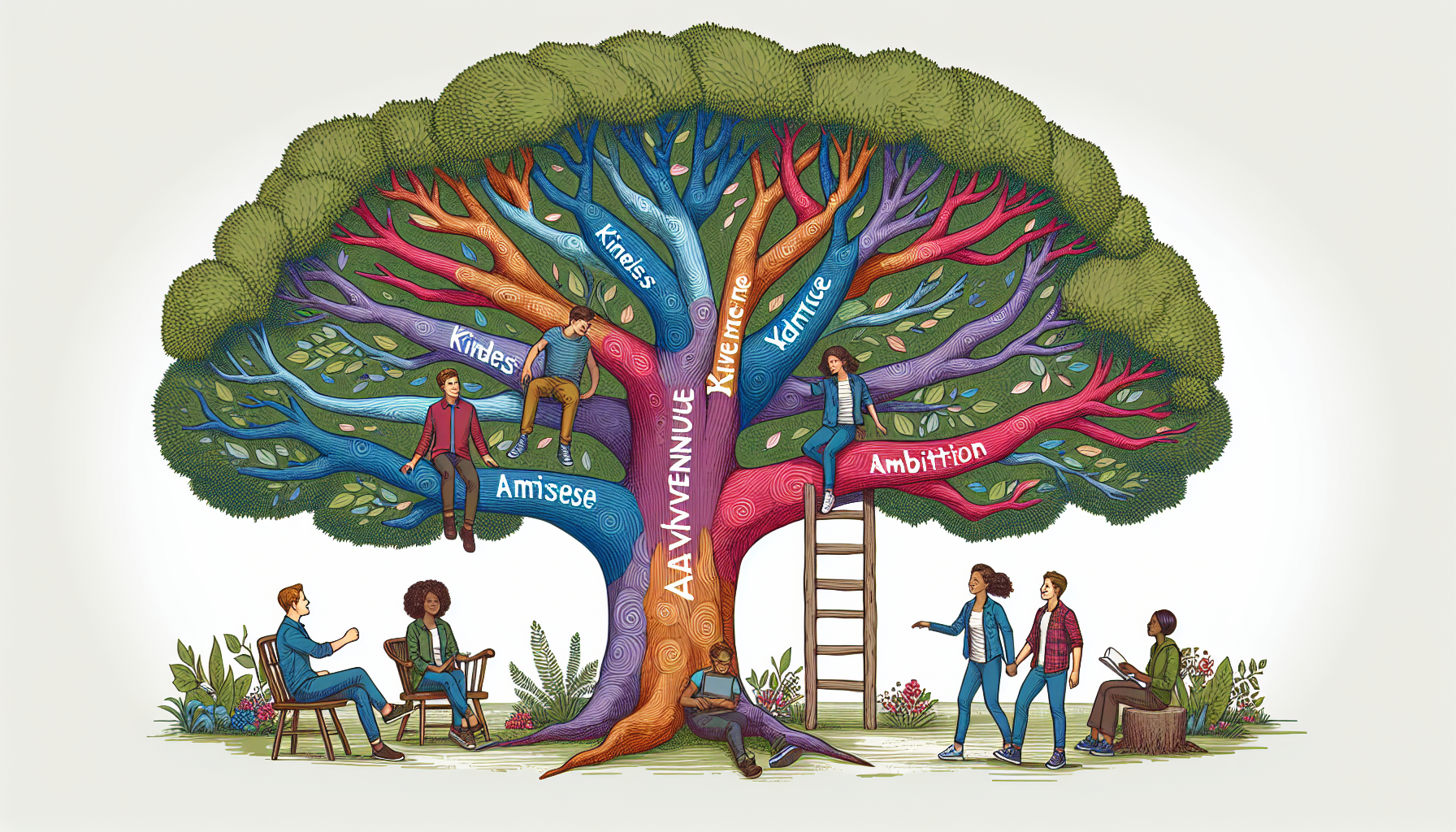The Essential Services of Cal Fire: More Than Just Firefighting

One of Cal Fire's primary missions is fire prevention. This includes various programs dedicated to reducing the risk of wildfires through proactive measures. The agency employs fire prevention specialists who work with local communities to develop fire-safe plans, enforce regulations, and conduct inspections. They also promote public awareness campaigns, educating residents about creating defensible space around their homes and the importance of maintaining clear vegetation. For instance, Cal Fire's "Ready, Set, Go!" program encourages residents to prepare for wildfire season by having emergency plans in place and being proactive about their property’s fire resilience. By fostering a culture of preparedness, Cal Fire significantly lowers the risk of devastating wildfires, thereby protecting communities and ecosystems alike.
Emergency Response and Incident Management
While prevention is critical, Cal Fire is equally well-prepared for emergency response. The agency employs thousands of firefighters and support staff who are trained to respond swiftly to wildfires and other emergencies. During peak fire season, Cal Fire mobilizes resources across the state to manage incidents effectively. An example of their emergency response capability was during the 2020 wildfire season, where Cal Fire battled multiple large fires simultaneously. Their coordinated efforts, which included aerial firefighting support and ground crews, showcased their ability to manage complex situations and protect lives and property. This response is supported by advanced incident management systems that ensure efficient communication and resource allocation during crises.
Community Education and Engagement
Cal Fire understands that community engagement is vital in combating wildfires. They conduct educational programs in schools and community centers, teaching children and adults about fire safety and prevention strategies. These initiatives aim to raise awareness about the risks of wildfires, how to recognize fire hazards, and the importance of reporting suspicious activities that could lead to arson. Additionally, Cal Fire hosts open houses and community events to foster relationships with local residents, allowing them to ask questions, engage with firefighters, and learn more about fire safety practices. By building strong community ties, Cal Fire empowers residents to take an active role in fire prevention.
Environmental Stewardship through Controlled Burns
One of the more innovative services provided by Cal Fire is the practice of controlled or prescribed burns. These carefully managed fires are set intentionally to reduce excess vegetation, which can fuel larger wildfires. By employing this technique, Cal Fire not only mitigates the risk of catastrophic fires but also helps restore ecosystems. For example, controlled burns can promote the growth of native plant species and improve habitat for wildlife. Cal Fire collaborates with environmental organizations and local stakeholders to design burning plans that benefit both the ecosystem and community safety. This multifaceted approach to fire management underscores the agency's commitment to ecological health.
Vegetation Management and Restoration
Beyond controlled burns, Cal Fire engages in vegetation management practices that include thinning forests and removing dead or dying trees. These efforts are essential in reducing fuel loads in high-risk areas, thereby lessening the severity of potential wildfires. The agency also participates in habitat restoration projects, working to rehabilitate areas that have been affected by fire or other environmental stressors. By restoring native habitats, Cal Fire helps maintain biodiversity and supports California’s rich ecological heritage.
Career Paths within Cal Fire
Cal Fire offers a variety of career paths that extend beyond traditional firefighting roles. Opportunities include positions in: - Firefighting and Fire Management: Firefighters, fire captains, and battalion chiefs engage directly in fire suppression and management, responding to emergencies and leading teams. - Fire Prevention and Education: Specialists in this area focus on community outreach, education, and regulatory enforcement to minimize wildfire risks. - Environmental Science and Ecological Restoration: Professionals working in this domain engage in ecological research, habitat restoration, and vegetation management. - Emergency Management: Coordinators and analysts in this field work on incident management, resource allocation, and strategic planning for emergency responses. - Administrative and Support Roles: Positions in HR, finance, and logistics support Cal Fire’s operations and ensure smooth functionality across the agency. Cal Fire has numerous offices and fire stations throughout California, ensuring a wide geographic reach. The agency's headquarters is located in Sacramento, with regional offices distributed across the state, including areas prone to wildfires such as Los Angeles, San Bernardino, and Sonoma counties.
Cal Fire is much more than a firefighting agency; it is a comprehensive organization dedicated to the safety and well-being of California’s residents and ecosystems. Through its robust fire prevention efforts, emergency response capabilities, community education initiatives, and commitment to environmental stewardship, Cal Fire plays a crucial role in managing wildfire risks and protecting the state’s natural resources. By understanding and supporting the diverse services offered by Cal Fire, residents can contribute to a safer and more resilient California. As the state continues to face the challenges of climate change and increasing wildfire risks, the comprehensive approach taken by Cal Fire will be essential in safeguarding communities and the environment for future generations.
Wildfire Prevention Specialist
Cal Fire, local fire departments, and environmental nonprofits
Core Responsibilities
Develop and implement community fire safety plans in collaboration with local stakeholders.
Conduct inspections and enforce fire safety regulations to minimize wildfire risks.
Lead public awareness campaigns to educate residents about fire prevention strategies.
Required Skills
Strong communication and public speaking skills for community engagement.
Knowledge of fire behavior and prevention techniques.
Experience in project management and community outreach.
Fire Incident Management Coordinator
Cal Fire, FEMA, and emergency management agencies
Core Responsibilities
Coordinate emergency response activities during wildfire incidents, ensuring efficient resource allocation.
Develop and maintain incident action plans and manage real-time data during emergencies.
Collaborate with local, state, and federal agencies for unified command during large-scale incidents.
Required Skills
Proficiency in incident management software and communication systems.
Strong analytical and decision-making capabilities under pressure.
Experience in emergency management or public safety operations.
Ecological Restoration Specialist
Cal Fire, conservation organizations, and environmental consulting firms
Core Responsibilities
Design and implement habitat restoration projects in areas impacted by wildfires.
Conduct ecological assessments to monitor ecosystem health and biodiversity.
Collaborate with environmental organizations to promote sustainable practices and restoration techniques.
Required Skills
Academic background in ecology, environmental science, or related fields.
Familiarity with native plant species and ecosystem management.
Strong project management and fieldwork skills.
Community Education and Outreach Coordinator
Cal Fire, local government agencies, and nonprofit organizations
Core Responsibilities
Develop educational programs and materials focused on fire safety and prevention for diverse audiences.
Organize community events and workshops to engage the public on wildfire preparedness.
Assess community needs and adapt educational initiatives accordingly.
Required Skills
Excellent interpersonal and organizational skills.
Experience in education, public relations, or community development.
Creativity in program development and outreach strategies.
Vegetation Management Technician
Cal Fire, forestry services, and environmental conservation agencies
Core Responsibilities
Assist in conducting vegetation assessments and implementing management strategies to reduce wildfire risks.
Participate in controlled burn operations and monitor environmental impacts.
Collaborate with forestry teams to maintain health and diversity in ecosystems.
Required Skills
Knowledge of forestry management principles and practices.
Physical fitness and ability to work in challenging outdoor conditions.
Experience with equipment used in vegetation management and wildfire mitigation.


